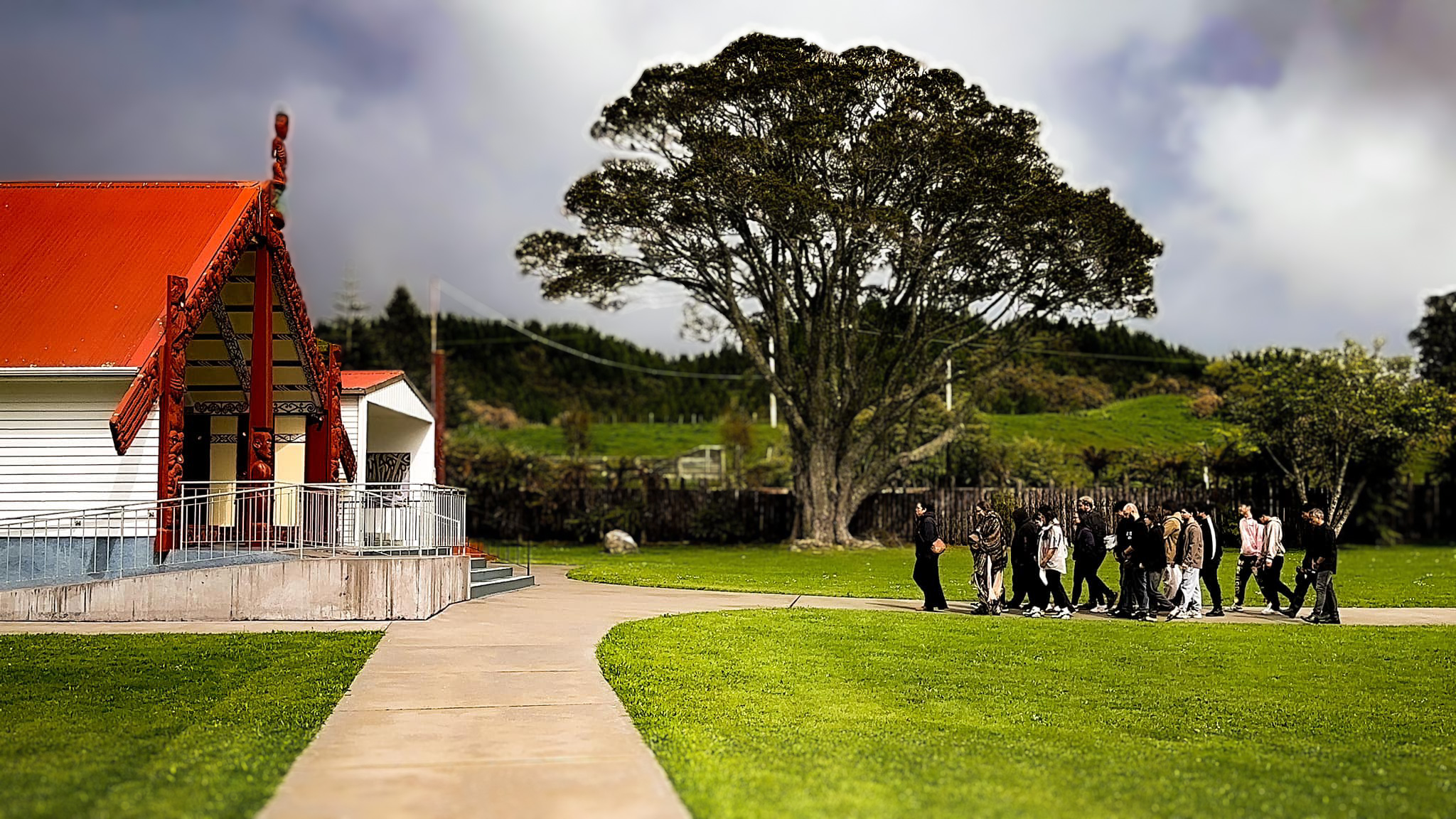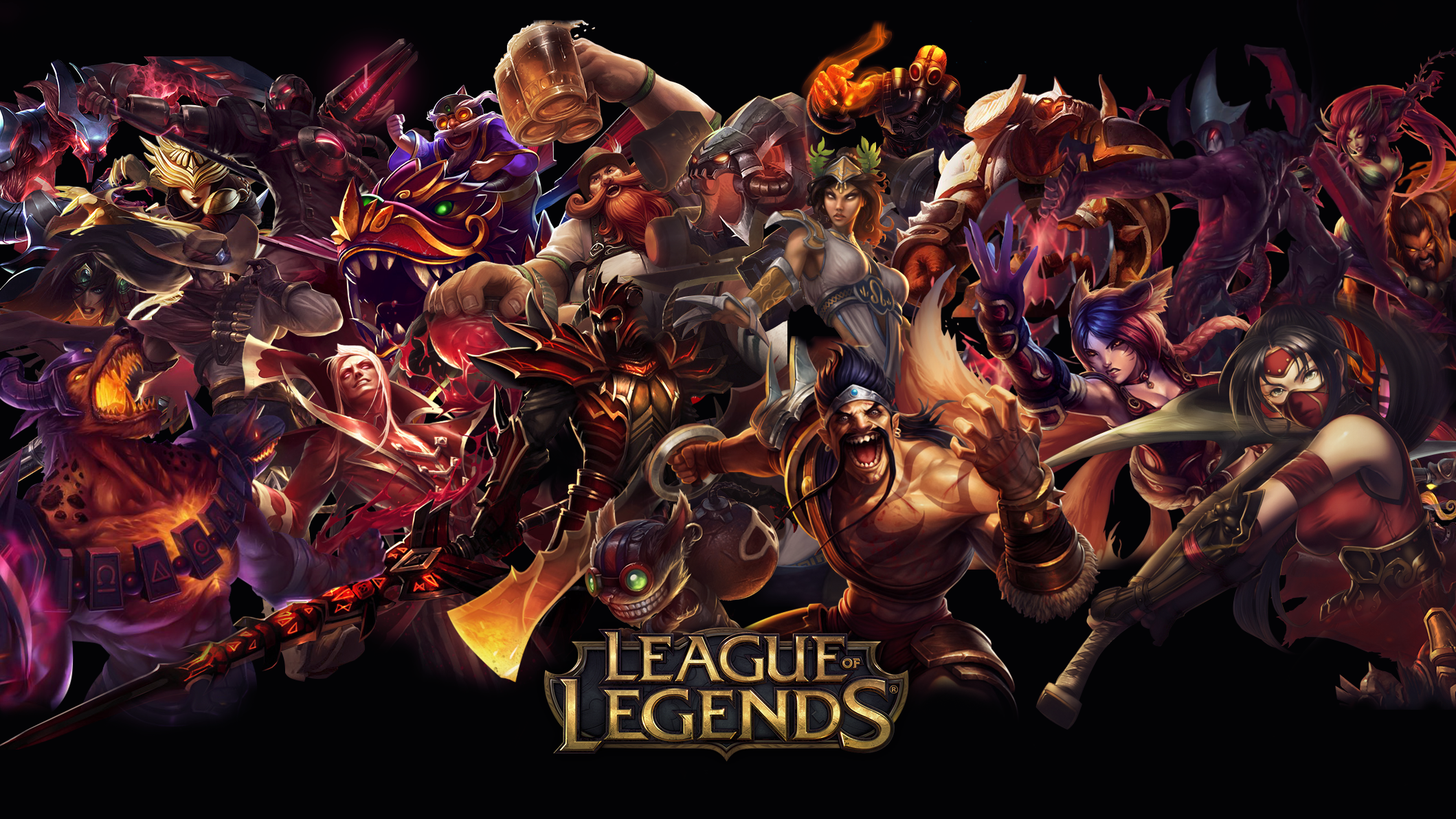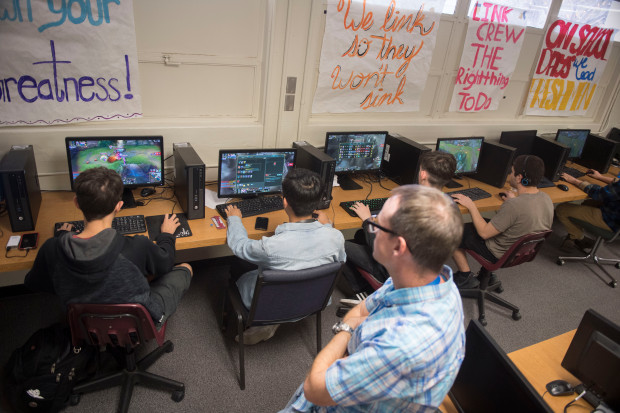A group of Digital Natives Academy (DNA) and Native Tech students recently travelled to Maketū, the landing place of Te Arawa waka, to deepen their understanding of how colonisation and climate change are woven together.
Guided by local knowledge holders and educators, the students stood on the shores where their ancestors first arrived. They listened to stories of abundance when kai moana was plentiful, rivers were clean, and the whenua thrived. They also learned how colonisation disrupted these systems: land confiscations, pollution from industries, and disconnection from traditional practices.
As they walked along the coastline, the students could see firsthand the visible impacts of climate change. Rising sea levels and stronger storms are threatening urupā (burial grounds), eroding coastlines, and putting pressure on local ecosystems. For many, it was a confronting reminder that history and the future are deeply connected.
“It hit us that colonisation and climate change are like two waves colliding,” said one student. “Our tūpuna lost land and resources through colonisation, and now climate change is making those losses even harder.”
The trip wasn’t just about reflection, it was about action. Students spent time at one of the local marae and brainstormed ways to blend mātauranga Māori with digital tools, from mapping coastal erosion to storytelling projects that share indigenous perspectives on environmental change.

By connecting whakapapa with present challenges, the rangatahi came away inspired to be both digital innovators and kaitiaki of the whenua. Their journey to Maketū showed that understanding the past is essential to shaping a resilient, climate-safe future.
He aha te mea nui o te ao? He tangata, he tangata, he tangata.






